Elon Musk says “major and immediate action is needed to prevent America from going bankrupt.”
In a bold and striking statement, Elon Musk, the billionaire entrepreneur and CEO of Tesla and SpaceX, has warned that “major and immediate action is needed to prevent America from going bankrupt.” Musk’s comments have sparked widespread debate about the state of the U.S. economy, government spending, and the long-term fiscal sustainability of the nation. As one of the world’s most influential business figures, Musk’s words carry significant weight, especially given his track record of successfully managing companies in high-growth sectors like electric vehicles, space exploration, and technology. With concerns about the U.S. national debt, inflation, and the growing budget deficit dominating public discourse, Musk’s warning calls attention to the urgent need for economic reform and responsible fiscal management.
The Context Behind Musk’s Statement
Elon Musk’s remarks come at a time when the U.S. government is grappling with an escalating national debt, which has surpassed $31 trillion, and concerns about unsustainable government spending. While the U.S. economy has seen periods of growth, challenges such as rising inflation, increasing interest rates, and global economic uncertainties have put a strain on federal finances. In addition to these issues, the U.S. continues to face challenges related to income inequality, healthcare costs, and infrastructure needs, all of which require significant financial resources.
Musk’s warning about the potential for America to go bankrupt reflects his concerns about the growing fiscal imbalance in the country. His call for “major and immediate action” suggests that he believes current economic policies are insufficient to address these challenges, and that more radical or urgent measures may be required to ensure the long-term health of the nation’s finances.
The Growing U.S. National Debt and Budget Deficit
One of the central issues Musk is highlighting is the rapid increase in the U.S. national debt. Over the past several decades, the U.S. government has accumulated an immense debt load, largely driven by consistent budget deficits where government expenditures exceed revenues. As of 2025, the national debt continues to climb, fueled by programs like Social Security, Medicare, defense spending, and various interest payments on previous debt. This massive debt burden is not only a source of concern for economists but also for future generations who may face higher taxes and reduced government services to service the debt.
The U.S. budget deficit, which has widened in recent years, is another critical factor contributing to the country’s financial instability. While government spending has increased during times of crisis, such as the COVID-19 pandemic, the long-term trajectory of fiscal policy is unsustainable without significant changes. The deficit, combined with rising interest rates, makes it more expensive for the U.S. government to borrow money, further exacerbating the debt problem.
For Musk, the growing national debt represents a real threat to America’s economic future, and his call for action underscores the need for the country to adopt more disciplined fiscal policies to avoid facing a financial crisis.
Musk’s Critique of Government Spending
In addition to the national debt, Musk has been vocal about his concerns regarding excessive government spending. While he has praised various government initiatives, such as space exploration funding and renewable energy incentives, Musk has also criticized the inefficiency of federal programs and the bloated bureaucracy that often accompanies large-scale government spending. He has argued that excessive government intervention in the economy can stifle innovation and create long-term financial burdens that ultimately fall on taxpayers.
Musk’s perspective on government spending is rooted in his business experience, where he has successfully built companies by focusing on innovation, cutting unnecessary costs, and striving for efficiency. Musk’s approach has often been to challenge conventional wisdom and push for faster, more streamlined solutions to complex problems. In his view, similar principles should apply to government spending—where careful oversight, efficiency, and prioritization are essential to ensuring that taxpayer dollars are used effectively.
While his comments about reducing government spending resonate with fiscal conservatives, they also raise questions about which programs would be cut or reformed. With major social safety nets like Social Security and Medicare accounting for a large portion of the federal budget, any significant cuts could have substantial consequences for vulnerable populations.
Inflation and Interest Rates: Economic Pressures on the U.S.
Another factor contributing to Musk’s concerns about America’s financial future is the current economic environment, characterized by high inflation and rising interest rates. Inflation has been a persistent issue in recent years, leading to higher costs for goods and services across the economy. While the Federal Reserve has raised interest rates in an attempt to curb inflation, the higher borrowing costs are also putting pressure on businesses and households alike.
For Musk, the combination of inflation and rising interest rates is problematic not only for the average American but also for the broader economy. Higher interest rates make it more expensive for the government to borrow money, and they can also hurt investment and innovation in the private sector. As a business leader who has built multiple successful companies, Musk understands the importance of maintaining a stable economic environment in order to foster growth and investment. The current economic conditions, in his view, risk undermining long-term prosperity if not addressed swiftly.
The Need for Fiscal Responsibility and Reform
Musk’s call for “major and immediate action” to prevent America from going bankrupt underscores his belief that the U.S. must adopt more disciplined fiscal policies. He advocates for a fundamental rethinking of government spending, tax policies, and the long-term sustainability of entitlement programs. While Musk has not outlined specific policy solutions, his remarks suggest that he believes both the public and private sectors need to collaborate more effectively to address the country’s fiscal challenges.
One area where Musk has expressed particular concern is the U.S. tax system. As one of the wealthiest individuals in the world, Musk has faced criticism for paying relatively low taxes, leading him to engage in public discussions about tax reform. He has argued that the tax code is overly complicated and that it is critical to create a system that incentivizes investment, innovation, and entrepreneurship. Musk’s position on taxes is aligned with his broader belief in economic freedom and the need for individuals and businesses to have the flexibility to succeed without excessive government interference.
Additionally, reforming entitlement programs and ensuring that they are sustainable in the long term is another area that Musk sees as essential for America’s financial future. Given the rising costs of programs like Social Security and Medicare, Musk has suggested that comprehensive reform is needed to ensure these programs can continue without bankrupting the country.
The Role of Innovation in Solving America’s Financial Problems
As an entrepreneur, Musk also sees innovation as a critical part of solving America’s fiscal challenges. He has frequently emphasized the need for technological advancements and private sector solutions to address complex problems. Whether through the development of new energy technologies, electric vehicles, or space exploration, Musk believes that American ingenuity can help drive the country out of its financial difficulties.
By fostering innovation and encouraging private sector involvement in solving public problems, Musk argues that America can find new ways to generate revenue and reduce costs. Moreover, the success of companies like Tesla and SpaceX is proof that a forward-thinking, market-driven approach can lead to both economic growth and financial sustainability.
In Conclusion
Elon Musk’s warning that “major and immediate action is needed to prevent America from going bankrupt” serves as a stark reminder of the economic challenges the U.S. faces in 2025. With rising national debt, increasing government spending, and high inflation, Musk’s call for fiscal responsibility and reform echoes the concerns of many economists, policymakers, and business leaders.
As the U.S. continues to navigate these challenges, it is clear that significant changes will be necessary to ensure the country’s long-term financial stability. Whether through fiscal reform, innovation, or strategic cuts, Musk’s comments highlight the urgency of addressing America’s economic future before it becomes too late.
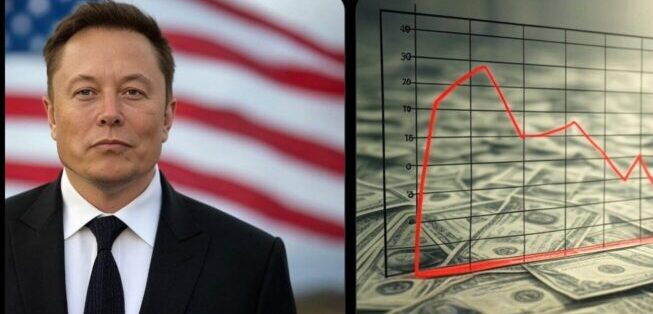
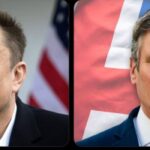
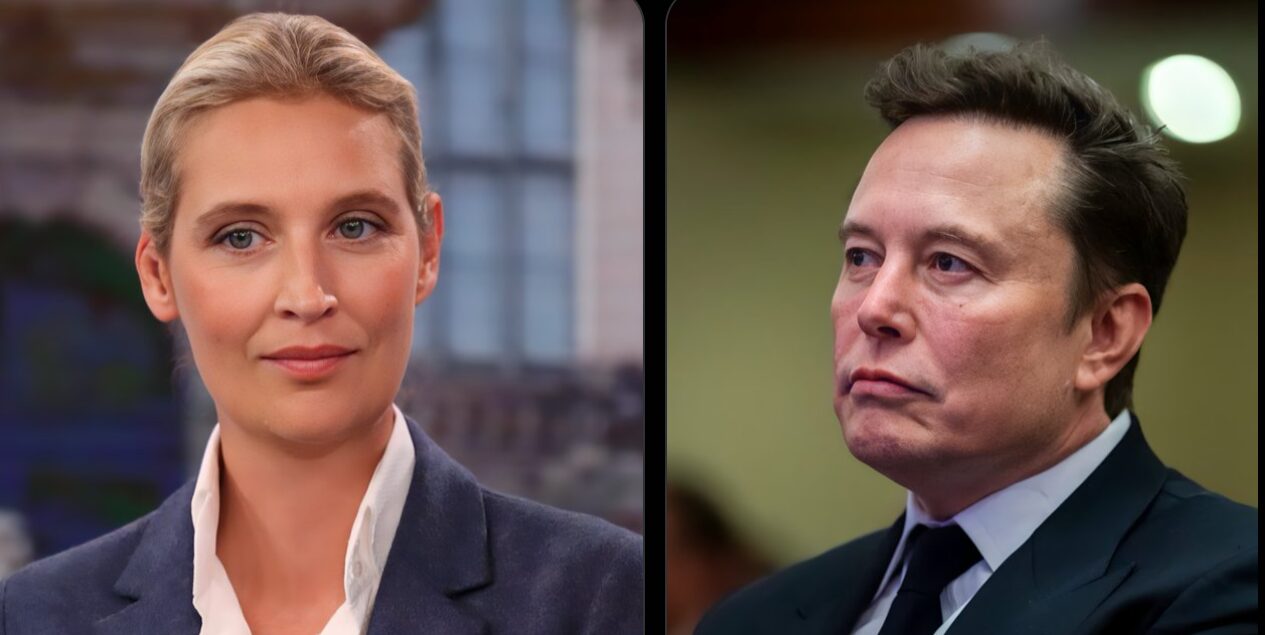

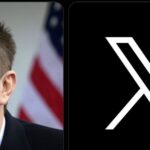
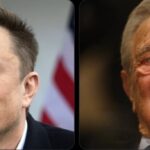
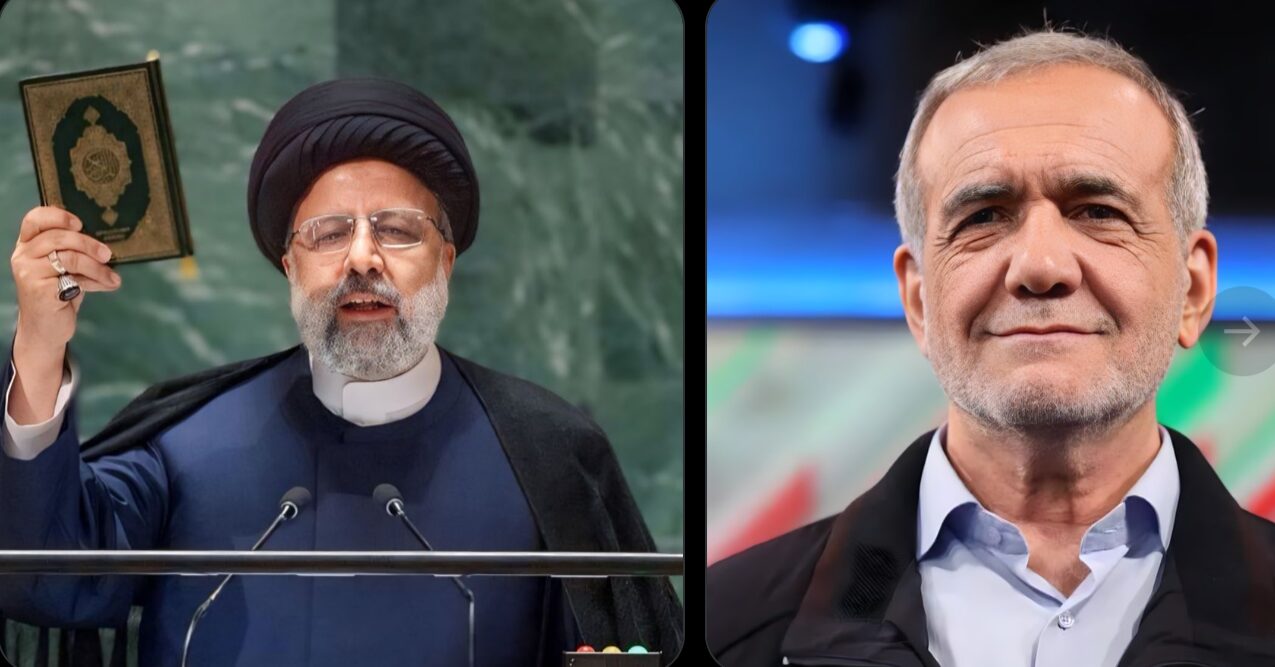
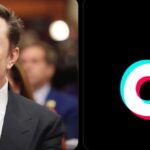
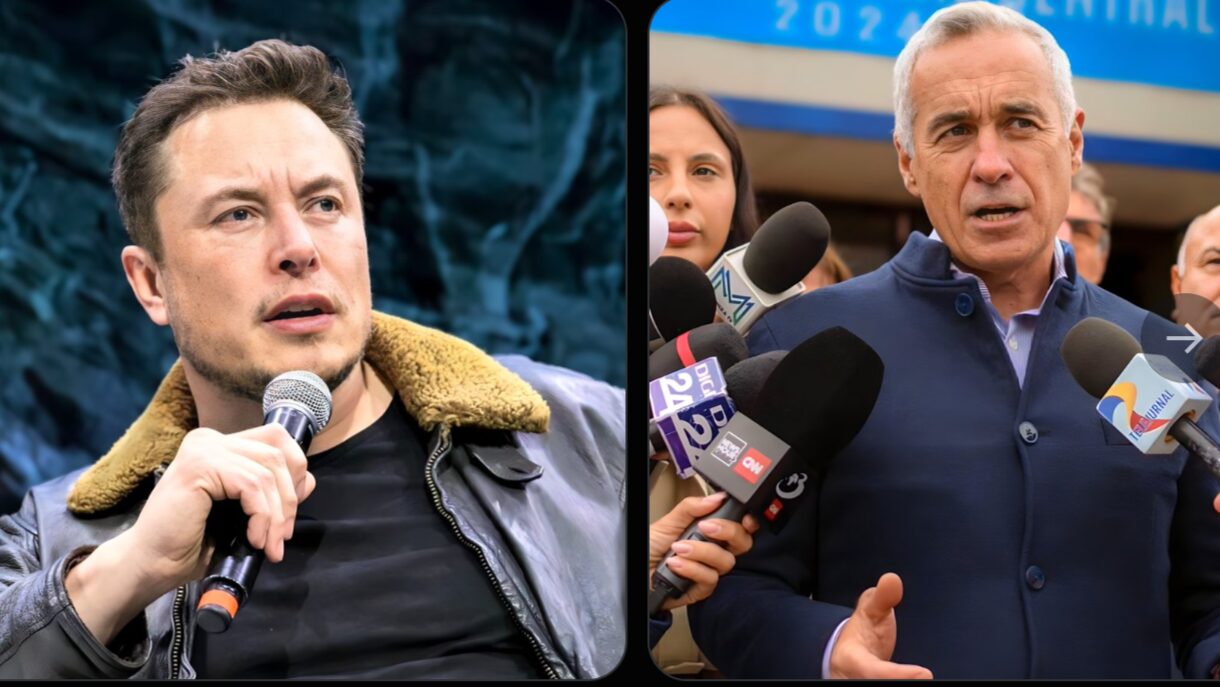








Post Comment